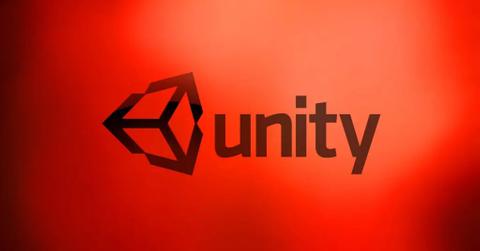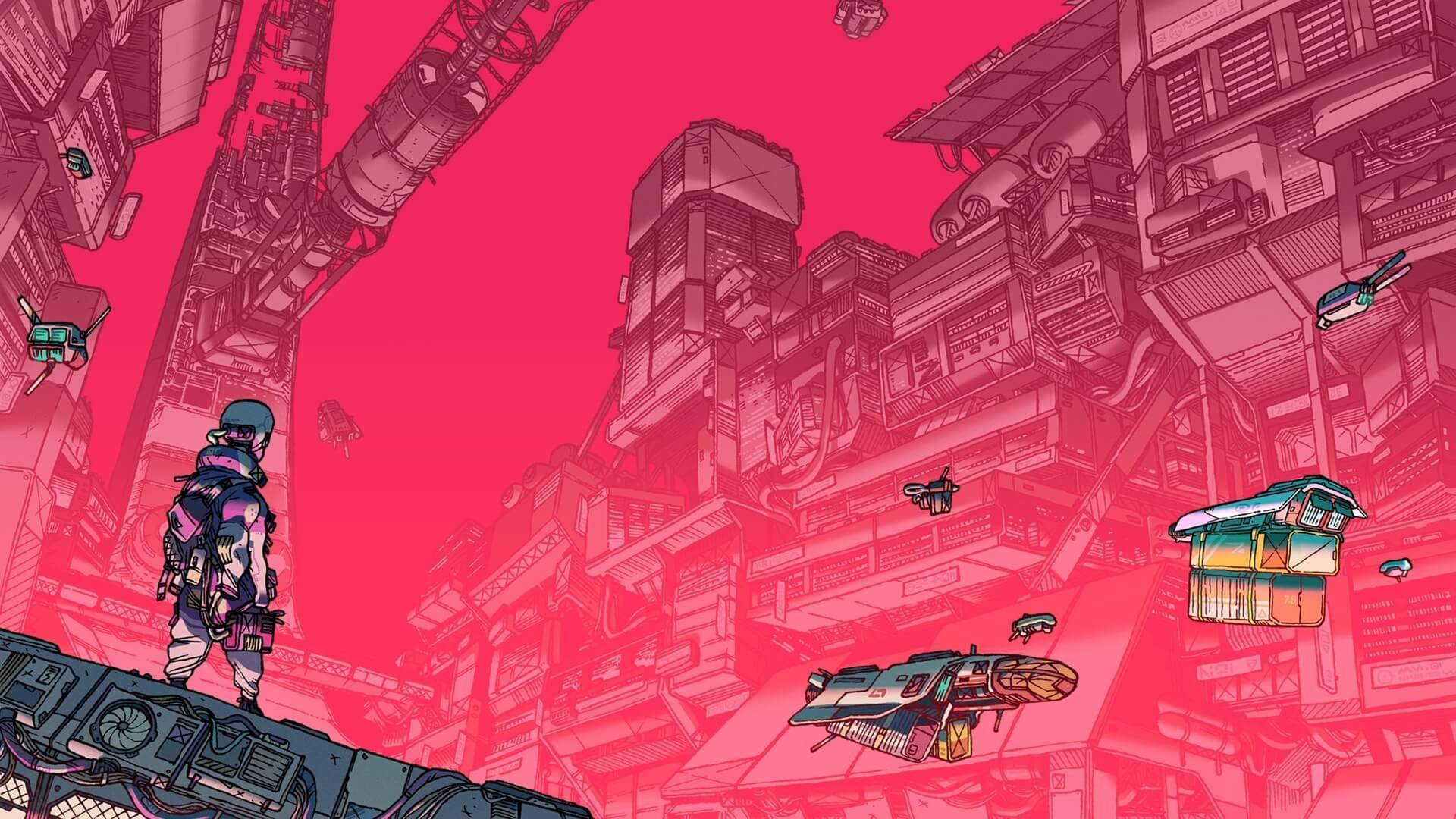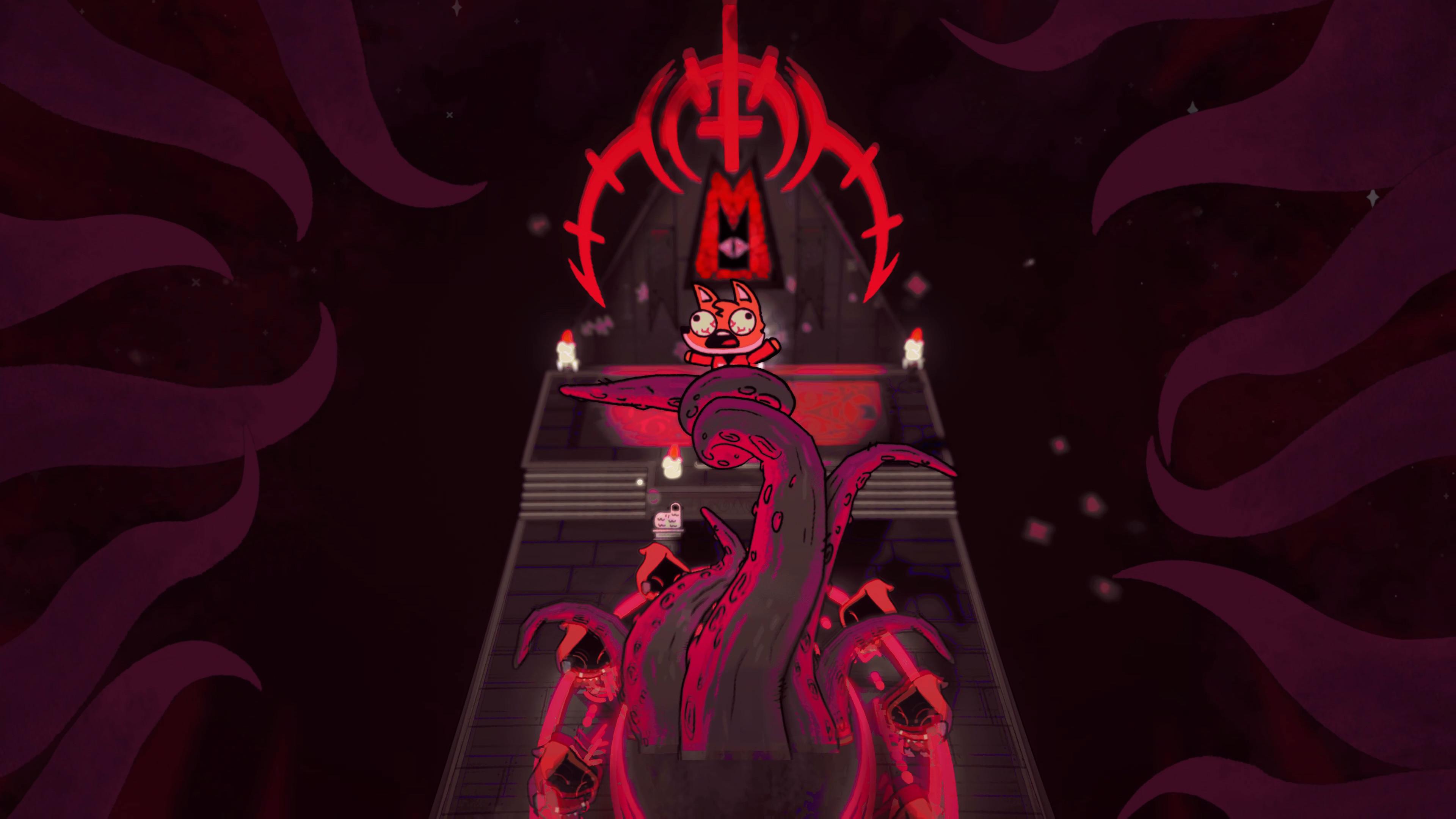Unity Promises to Change Controversial Pay-Per-Install Policy in New Open Letter
Updated Sept. 22 2023, 6:28 p.m. ET

The gist:
- Unity planned to start charging game developers a pay-per-install fee on Jan. 1, 2024.
- Developers for games like Cult of the Lamb pushed back, even threatening to delete games.
- After receiving backlash and death threats, Unity has backed down from its original policy change and posted a public apology.
As one of the best-known (and affordable) game development tools, Unity is used by plenty of indie developers, including hits like Fall Guys, Rust, and Hollow Knight. The executives behind Unity dropped a very controversial announcement on Sept. 12, detailing a Unity Runtime Fee planned to go into effect on Jan. 1 next year, charging developers with high-performing games to pay for title installs by a player.
Immediately, developers shared their outrage with the game development platform's decision, citing a host of issues that would ultimately hurt indie devs the hardest. After a week of backlash and even serious threats against Unity, the company has since ceded its new pay-per-install policy — though the details on how it'll be adjusted to better benefit developers has yet to be clear.

'Citizen Sleeper' is a game developed using Unity.
Unity's pay-per-install policy resulted in a death threat — the drama explained.
According to Unity’s initial Runtime Fee announcement, developers with games that have passed a minimum revenue threshold in the last 12 months and passed a minimum lifetime install count would have to pay an install fee based on a Unity developer’s subscription to use the engine. Developers would be charged as much as $0.20 per install, and though that may not seem like a lot, it potentially hurts indies participating in charity bundles or day-of access on platforms like Game Pass.
“Guess who has a somewhat highly anticipated game coming to Xbox Game Pass in 2024? That’s right, it’s us and a lot of other developers,” stated indie developer Aggro Crab on Twitter. “That means Another Crab’s Treasure will be free to install for 25 million Game Pass subscribers … Unity could take a fee that puts an enormous dent in our income.”

Massive Monster threatened to delete 'Cult of the Lamb' following the pay-per-install policy announcement.
Despite reassurances from Unity president Marc Whitten, the outrage was widespread. Cult of the Lamb developer Massive Monster claimed it would be "deleting" the game on Jan. 1 if the policy wasn't changed.
On Sept. 15, Unity even closed many of its offices due to what it deemed a "credible death threat" following the pricing plan announcement. According to Polygon, the threat was allegedly made by an employee of Unity through social media.
Unity has now claimed it will change the policy and apologized in an open letter.
Following the barrage of drama surrounding this plan announcement, Unity announced it "will be making changes to the policy."
"I want to start with simply this: I am sorry," Unity Create lead Marc Whitten wrote in an open letter. "We should have spoken with more of you and we should have incorporated more of your feedback before announcing our new Runtime Fee policy. Our goal with this policy is to ensure we can continue to support you today and tomorrow, and keep deeply investing in our game engine."
According to this open letter, those currently with a Unity subscription at any level will not be subject to these new Runtime fees unless they upgrade to the next LTS version of Unity, and Unity Personal subscribers will not be subjected to it at all, regardless of revenue earned.
Fees related to new downloads will also be capped, with Marc claiming developers will be able to choose between a "2.5% revenue share or the calculated amount based on the number of new people engaging with your game each month." Unity will only charge users the lesser amount between these two.
Amid all of these changes, Unity says it plans to "show, not tell" as it rebuilds trust with its community.
Though users were initially skeptical of Unity's promises, since the open letter was published to detail these adjustments, Unity has been actively responding to consumer questions on Twitter, clearing up any uncertainties they may have of these changes. It'll likely be a long road to rebuild the trust Unity once had, but the company seems to be taking the initial right steps.